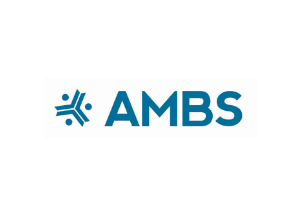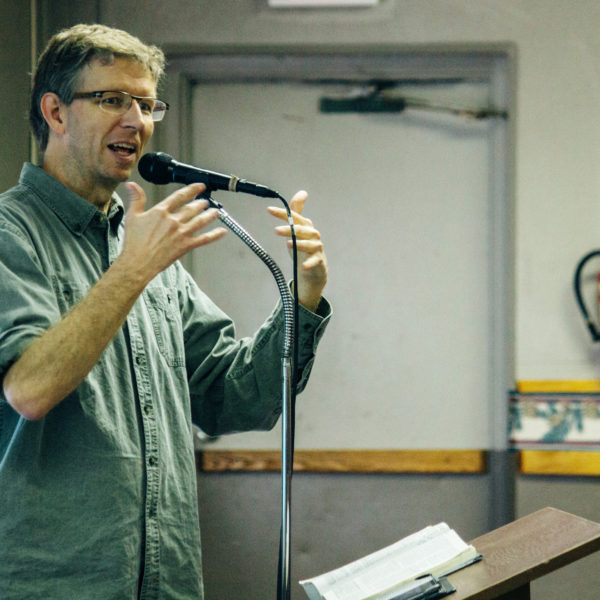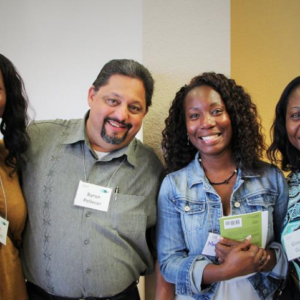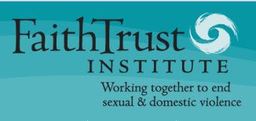Paying it forward
Students integrate their learnings in projects that serve their communities
ELKHART, Indiana (Anabaptist Mennonite Biblical Seminary) — In their final year of study, AMBS Master of Arts in Christian Formation students complete a final project — a ministry program for spiritual formation to be implemented in a specific setting. We’ve asked four students to share their projects and how AMBS has prepared them for ministry.
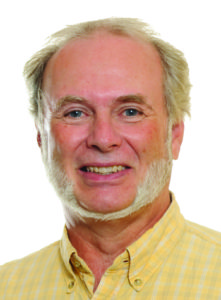 Jeff Boehr of Bluffton, Ohio, is creating a two-part workshop to help people who are approaching the last years of their life explore what it looks like to make meaning of this life stage together. It’s designed to be offered in retirement homes or congregations. Boehr is a member of First Mennonite Church of Bluffton and attends Southside Fellowship in Elkhart.
Jeff Boehr of Bluffton, Ohio, is creating a two-part workshop to help people who are approaching the last years of their life explore what it looks like to make meaning of this life stage together. It’s designed to be offered in retirement homes or congregations. Boehr is a member of First Mennonite Church of Bluffton and attends Southside Fellowship in Elkhart.
“In the workshops we’ll worship together and address topics such as formation, God’s presence and being attentive to each other and to God, giving creative responses about what we’ve heard from each other and what we notice in ourselves. I hope this will be a process that people can continue to do together, forming practices to help them through the losses they’ll face.
“I’m interested in exploring their experiences. Has the church helped them, or not? How are we still being formed as people when we’re also experiencing loss?
“Thinking about my own life stage and my parents’ — and my Clinical Pastoral Education internship at a hospital — really brought this into focus for me. In the hospital, I saw people working to make meaning in a time of change or loss. Moments of re-orientation can really throw us off if we’re not intentionally thinking about what they might mean for us. Engaging what it means to live life with God and with each other in AMBS classes also inspired me to explore this topic.
“Following graduation, I could imagine doing chaplaincy work in a retirement setting. I’m also open to serving in a congregation or in the wider church.”
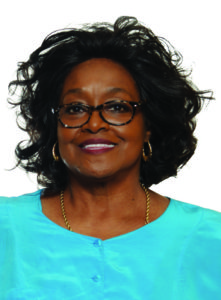 Sister Ruby Fair-Miller of South Bend, Indiana, is developing a pastoral and spiritual care ministry for people who have been diagnosed with Alzheimer’s disease and dementia and their caregivers. She’s a member of New Life Fellowship Ministry of South Bend.
Sister Ruby Fair-Miller of South Bend, Indiana, is developing a pastoral and spiritual care ministry for people who have been diagnosed with Alzheimer’s disease and dementia and their caregivers. She’s a member of New Life Fellowship Ministry of South Bend.
“The flame for this project was sparked during an AMBS class on Pastoral Counseling and Theology with Dr. Daniel [Schipani] and in my Pastoral Counseling Practicum. I was a chaplain intern at Signature Healthcare in South Bend, where 95 percent of the residents have Alzheimer’s or dementia. I saw the hurt and brokenness of the caregivers — the children or the spouse — and the patients themselves. My ministry is to bring the gospel of God’s grace into their lives.
“I still serve at Signature Healthcare as a volunteer chaplain, leading Bible studies and Sunday devotions every other week. I’ve found I can start praying the Lord’s Prayer or reciting the 23rd Psalm, and patients will remember every word. At the same time, they may say, Who am I? How did I get here? I want to bring the presence of God into that lost person’s life and the caregiver’s life and to let them know they’re not alone.
“The project right now is just set up for me, but I’m hoping to get other churches involved. As faith communities, we can take some of the burdens off of the hurting caregivers.
“The Lord sent me to AMBS to find my passion — reconciling people back to God. I’ve had a blessed journey at AMBS. I’m working on becoming a certified chaplain, an advocate for those with cognitive impairments and those suffering from mind-altering dysfunctions.”
 Jonah Yang of Cottage Grove, Minnesota, is creating a presentation for first- and second-generation Hmong Christians in the U.S. and Southeast Asia about the Confession of Faith in a Mennonite Perspective and Missio Dei #18, “What is an Anabaptist Christian?” by Palmer Becker. He is a member of Emmanuel Mennonite Church in Minneapolis.
Jonah Yang of Cottage Grove, Minnesota, is creating a presentation for first- and second-generation Hmong Christians in the U.S. and Southeast Asia about the Confession of Faith in a Mennonite Perspective and Missio Dei #18, “What is an Anabaptist Christian?” by Palmer Becker. He is a member of Emmanuel Mennonite Church in Minneapolis.
“I chose this topic because Hmong Christians have varied practices of footwashing. Reconciliation is a hard topic for the Hmong. For example, I either trust or don’t trust you forever. I believe that footwashing will help them surrender their pride and become people who serve instead of people who receive.
“Reconciliation equals re-establishing relationship. I hope to teach Hmong Christians to forgive and forget their past. There are many great men in the community who are not willing to let go of some of their authority, but teaching about forgiveness and reconciliation could help them to consider having a new perspective on Christian life.
“My favorite AMBS class is God’s Shalom and the Church’s Witness. One essential example I learned from the professor was to ask his child to forgive him. Therefore, even though I am a father to my children, I must admit my guilt if I commit a wrong against them.
“After graduation, I would like to use my time to do more presentations to my Hmong Christian and non-Christian fellows in the U.S. or Southeast Asia. I also want to collaborate with Mennonite Mission Network and regional conferences to develop training materials for the Hmong Mennonite churches in North America and Asia so that church members can grow in the Anabaptist way.”
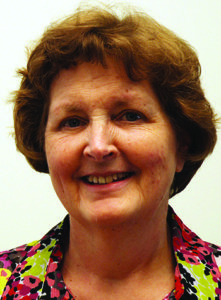 Miriam Zehr is associate pastor of worship and education at Oak Grove Mennonite Church in Smithville, Ohio, which is celebrating its 200th anniversary this year over three weekends — one focusing on history, one on music and one on homecoming/reunions. Her project is to plan three worship services: one was a kick-off for the year in January, and the other two will be for the historical focus weekend in April.
Miriam Zehr is associate pastor of worship and education at Oak Grove Mennonite Church in Smithville, Ohio, which is celebrating its 200th anniversary this year over three weekends — one focusing on history, one on music and one on homecoming/reunions. Her project is to plan three worship services: one was a kick-off for the year in January, and the other two will be for the historical focus weekend in April.
“Worship planning is one of the favorite parts of my job. I also have interest in doing more collaborative worship planning and wanted to experiment with this project. A group of four is working with me. Since we are celebrating our 200th anniversary, I thought this would be a natural fit.
“I hope that in reflecting on the past and the legacy that has been left for us, we can be grateful for the ways God has been faithful to this church community and for the ways Oak Grove has impacted people’s lives within the family of faith, the local community, and the wider church. I also hope the congregation will be challenged to consider what legacy we want to leave for future generations. For example, on Jan. 14 we invited worship participants to hang leaves on a “legacy tree”; on one side they were to write a spiritual legacy they had received, and on the other, a legacy they hoped to leave.
“My AMBS degree has been in process many years; the positive side of that is that I have taken courses while working as a pastor and could integrate my learnings. I have found the courses on spiritual formation and worship very inspiring and helpful.”
Located in Elkhart, Indiana, Anabaptist Mennonite Biblical Seminary is a learning community with an Anabaptist vision, offering theological education for learners both on campus and at a distance as well as a wide array of lifelong learning programs — all with the goal of educating followers of Jesus Christ to be leaders for God’s reconciling mission in the world. ambs.edu

